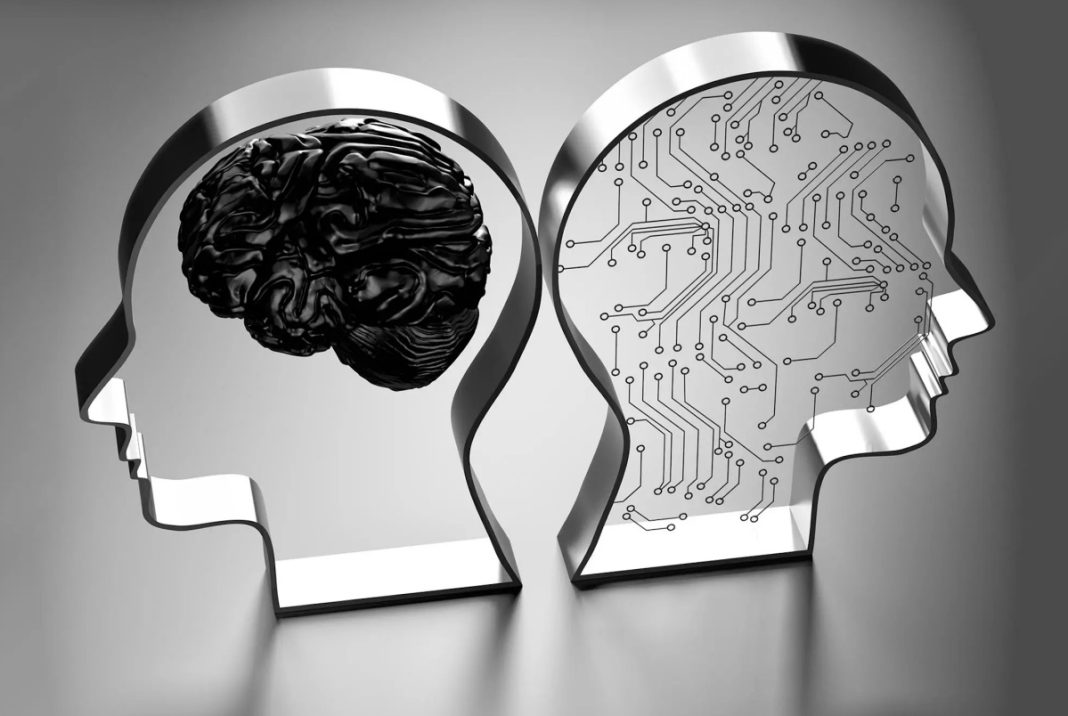MUNCHEN, Germany – In an unprecedented move, an open letter authored by esteemed academics from around the globe has called on artificial intelligence (AI) developers to deepen their understanding of consciousness. This call comes at a time when AI systems are evolving at an exponential pace, sparking debates about the potential future of sentient AI.
“It is no longer in the realm of science fiction to imagine AI systems having feelings and even human-level consciousness,” the letter states. While most experts concur that AI has yet to reach this level of sophistication, the rapid pace of AI evolution has led some to suggest a temporary halt in developments.
AI, as it stands, encompasses computer systems that perform tasks typically requiring human intelligence. This includes everything from chatbots that can comprehend and answer questions in a human-like manner, to systems that recognize objects within images.
Highlighting this growth, OpenAI’s Generative Pre-trained Transformer 4 (GPT-4) has successfully passed the bar exam, a professional qualification for lawyers, albeit with occasional errors and misinformation.
Despite the technological strides, tech magnate Elon Musk and others recently called for a pause in AI developments until robust safety measures are in place.
Echoing this sentiment, Musk’s ex-wife, Tallulah Riley underscored the need for greater public awareness and debate surrounding artificial general intelligence (AGI) – AI that can match human-level intellectual tasks.
While not advocating for a complete halt in AI development, the Association for Mathematical Consciousness Science (AMCS), the organisation behind the open letter, urged for a deeper scientific exploration of consciousness, its potential applicability to AI, and societal coexistence with such advanced technology.
“The rapid development of AI is exposing the urgent need to accelerate research in the field of consciousness science,” the letter says.
Signatories include prestigious academics from universities across the UK, US, and Europe, such as Dr. Susan Schneider, former chair of NASA.
The call for consciousness research in AI comes amidst a backdrop of controversy. Last year, Google engineer Blake Lemoine was terminated after alleging that Google’s language model, Lamda, exhibited feelings.
Google has since maintained that Lamda was functioning as intended, emulating human-like communication.
Despite the contention, AI continues to be a source of enthusiasm and lucrative investment. AI chatbot, ChatGPT, launched in November, became an overnight sensation, with millions of users worldwide.
According to a Goldman Sachs report, as AI continues to advance, industry insiders anticipate a transformation of the job landscape, with AI potentially replacing up to 300 million full-time jobs.
As the AI revolution rolls on, it’s clear that understanding consciousness and integrating this knowledge into AI development will be a crucial next step in ensuring both the safety and efficiency of these rapidly evolving systems.







